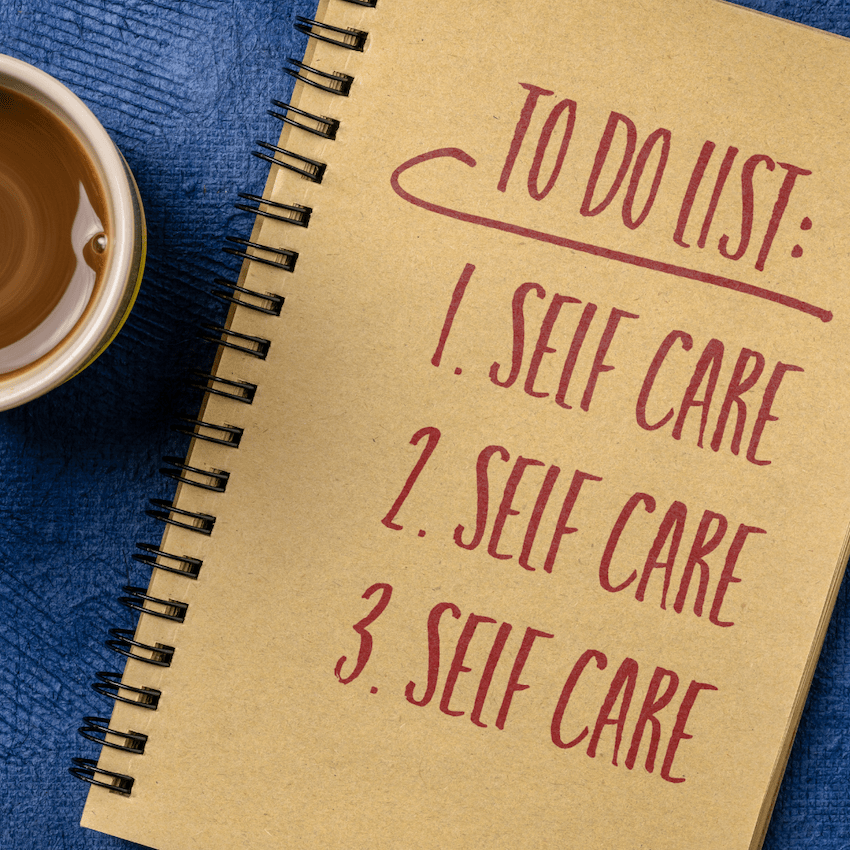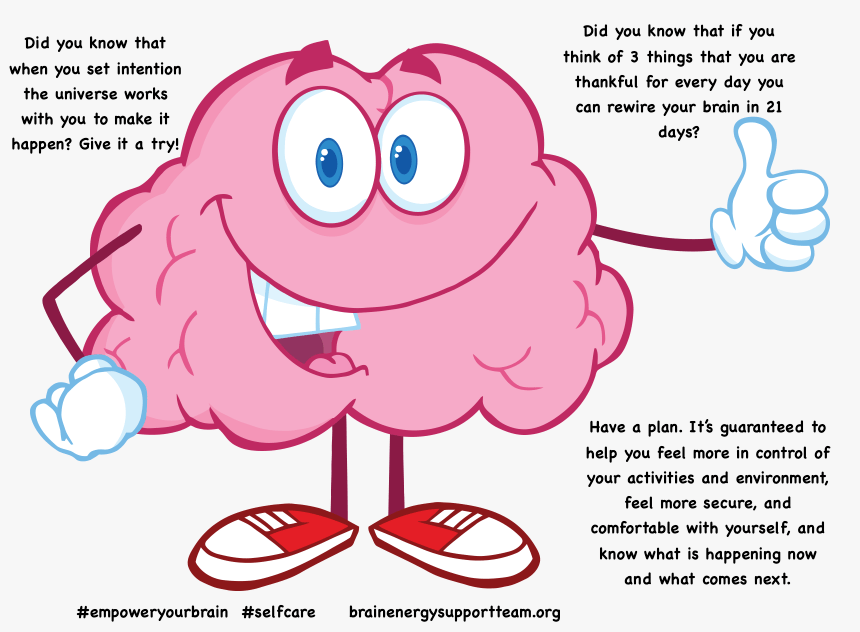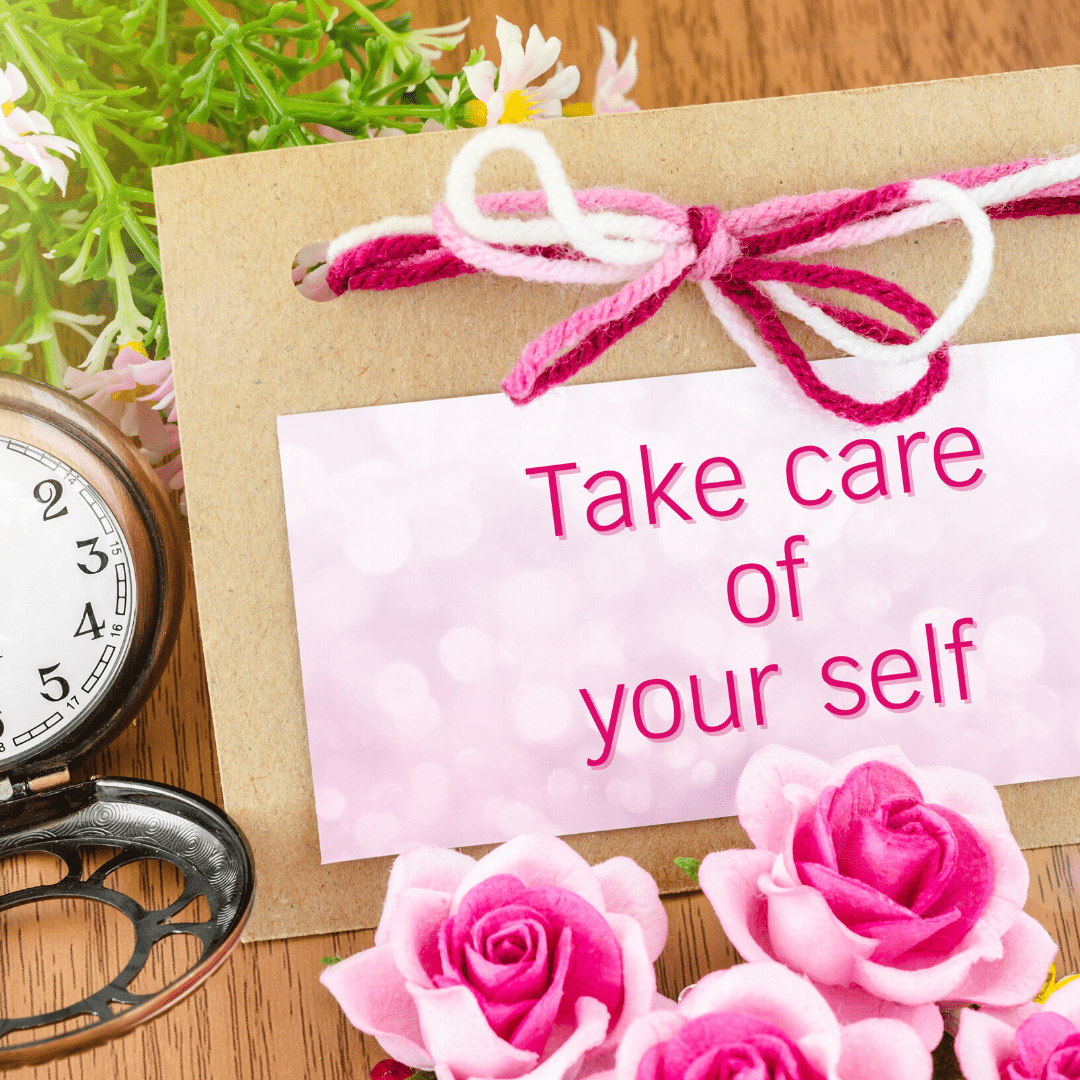(Editor’s Note: For Brain Injury Awareness Month, I reached out to our BEST Team and BEST guest bloggers to gather their thoughts, ideas, tips and strategies on self-care. Marc Macialek, writer, mentor and creator of recoveringfromtbi.com , shares some important ideas and thoughts in his latest guest article below. Thank you, Marc! KT)
Kim wrote me at the beginning of March asking for my thoughts on self-care to contribute to the BEST campaign of Super Self-Care during Brain Injury Awareness month.
Honestly, I was flattered that she would ask.
I always meant to write something up. But here we are at the end of the month.
I saw fellow survivor and BEST contributor Kirsten Short’s contribution to the BEST campaign on Twitter about an hour ago. I immediately felt guilty.
Not because of anything that Kim, or anyone over at BEST said, but because of my own expectations for myself. I’m a people-pleaser by nature, and I want to make everyone happy.
As I’ve sat here thinking and feeling bad about myself, it dawned on me that this is exactly the kind of thing that my fellow survivors (and sometimes caregivers) need to hear.
Boundaries
All of us have people in our lives. And sometimes those people will ask for something. It’s almost never malicious. They generally don’t know what’s going on with us behind the scenes.
Most times from their perspective, it is a small thing. Perhaps its help with a project. Sometimes it’s an invitation to an event or party or get together.
Many times, they see something valuable in us and want us to be a part of their lives.
The reality for many of us survivors, and for many caregivers, is that there simply isn’t as much of us to go around.
A survivor’s mental, cognitive, and energy resources are spent holding basic life functions together. If you have cognitive bandwidth to be able to work, that often saps the remaining energy you have left.
Caregivers can be exhausted after the selfless work of caring for their loved one.
In these circumstances it can be a difficult, but necessary, decision to care for ourselves instead of meeting the expectations or desires of those on the outside.
Thinning out our to-do list can be very difficult. Often it means setting new boundaries with family, friends, colleagues, and organizations that we participated in.
How do you handle these conversations? Especially when you are a survivor and have an invisible injury.
Here are some things to keep in mind:
Prioritize: Look at all of the demands you have (social, personal, and professional) and decide what you want to do. Know that this is a guess and you may need to reign things in tighter or relax them as you understand how much energy you truly have.
Be kind but firm: You did the work in step one to breakdown what you felt comfortable doing. As you explain your situation, some people will be respectful and supportive. Others will not. And the people who fall into each category aren’t necessarily who you’d expect. Regardless, stand your ground. Have the necessary conversations when you have sufficient bandwidth to do so.
Relax: One thing that many of us yearn for is a feeling of normalcy. Just this week, I had a few interactions in some Facebook support groups that bear mentioning here.
- A woman who had been dealing with her injury for a few years had noticed some recent improvements. She wanted to spend a night with her husband like they used to do before her injury. For them that meant going out to eat and then going dancing. Her husband suggested that it might not be wise to push the envelope so far so quickly. They opted to have dinner at home and put on some music and dance.
- Another lady was lamenting how she felt after going out to do something she enjoyed. She had a terrible headache and was feeling exhausted. After expressing her frustration, she said how nice it was to briefly feel normal again.
Part of caring for ourselves is being able to relax and enjoy ourselves from time to time. That can be difficult for TBI survivors and caregivers who are ever vigilant about managing energy.
Perhaps it is OK to let ourselves go from time to time. Nothing crazy. And we don’t want to put anyone in danger. But in a reasonable way, be ourselves. Even if it means paying for it for a few days.
A Long-Term Plan
While letting loose can certainly help us in a one-time event, we need some day-to-day tools that are sustainable.
This can happen through a routine that lets us decompress, regroup, and recharge our batteries.
There are several ways to do that:
Exercise: Moving our bodies is powerful. It’s great for our bodies. It’s great for our brains, It’s great for our souls. Simple yoga may be all you can do if you have mobility or balance issues. Walking, cycling, or running may be options if you are facing mostly cognitive deficits from your injury. In any case, double check with your doctor before you get started.
Meditation: With some practice, I have been surprised by how refreshed I feel after 10-15 minutes of meditation. It helps greatly with my temperament issues, some headaches, and over-stimulation. It has definitely been one of the more unexpectedly effective tools to manage the effects of my injury. There are many ways to meditate, and people like different things. If you’d like to try what I do as a starting point, you can check this out here.
Beware of over-stimulation: It’s common for many survivors to lose their filter to external stimuli. Simple things like background noise and too much screen time can wear us out. What exhausts a brain means different things for different survivors. For many people it is sound. For others it is visual. Personally, visual over-stimulation drains me. When I’m tired, though, sounds can also wear on me. If this is a factor for you, learn what it is and how to minimize it. You will find that you have more bandwidth to deal with other things.
How do I take care of myself?
This was one of the writing prompts that Kim sent in her email. I snickered audibly when I read it. Because, to be honest, I have not been doing a very good job lately.
Life recently has been extremely demanding.
We’re a family of four now. Our oldest is a rambunctious toddler and we have an almost 3 month old infant.
I seriously doubted that would happen after I had my injury.
Family and professional responsibilities are requiring me to work a lot of hours and not get a lot of sleep.
We have made some decisions that make life difficult in the short term in order to achieve some long term goals that are very important to us.
Overall, I am extremely grateful that these activities and this level of exertion are even options. I don’t know how I keep up.
Then there are the days where my brain rebels and reminds me who’s boss. Bad temper, poor memory, poor impulse control, and bad prioritization all rear their ugly heads.
My goals, my progress, and most of all, my family suffer for a few days while I regroup and get back to my more sustainable routine.
Those are the days that I remember that no matter how long ago my injury was, it is still there. It’s ready to show itself whenever I try to ignore it. Sleep, boundaries with others and rejuvenating activities are what allow my brain to calm down and bring my life back into balance.
Adequate self-care is very personal to every survivor and caregiver. Be honest about what it means for your, and your bran will thank you for it.
Take Care,
Marc
 Marc Macialek survived a traumatic brain injury in spring 2012. After struggling to find good resources to help with his recovery, he was able to connect with a doctor who gave him tools to make the most of his recovery. Now he works to help survivors and caregivers find the resources to make the most to survive and thrive through the recovery journey. You can find more of his writings at his site recoveringfromtbi.com.
Marc Macialek survived a traumatic brain injury in spring 2012. After struggling to find good resources to help with his recovery, he was able to connect with a doctor who gave him tools to make the most of his recovery. Now he works to help survivors and caregivers find the resources to make the most to survive and thrive through the recovery journey. You can find more of his writings at his site recoveringfromtbi.com.







